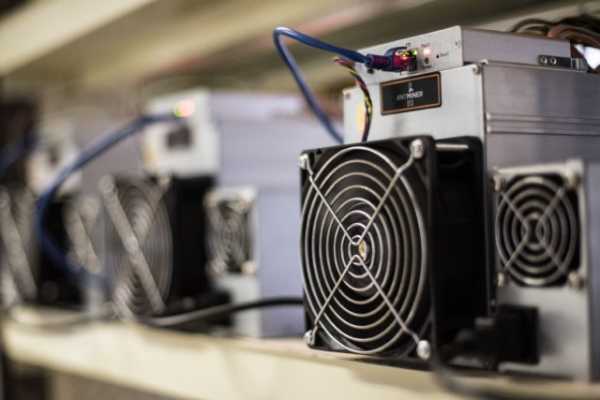Arizona Bitcoin Mining Bill Headed to Governor
 Arizona has taken a significant step toward providing legal protections for crypto miners and blockchain node operators.
Arizona has taken a significant step toward providing legal protections for crypto miners and blockchain node operators.
At a meeting Thursday, the state legislature approved HB 2342 , a bill that would protect individuals who mine bitcoin or operate blockchain nodes at home from zoning and use restrictions imposed by local governments.
WATCH: Arizona Senate APPROVES Bitcoin Mining Rights Bill by 17-12 vote https://t.co/S8YjYoTp3C pic.twitter.com/w8E00DXnkI
— Bitcoin Laws (@Bitcoin_Laws) April 10, 2025
The Arizona Senate approved the bill by a narrow 17-12 margin, and it will now go to Gov. Katie Hobbs for final approval.
Introduced in January by Rep. Teresa Martinez (R-AZ), HB 2342 would amend Arizona law to make residential computing a matter of “statewide concern,” effectively stripping local governments of their regulatory authority in the area.
By defining the term “computing power” broadly to include blockchain operations such as mining and running nodes, the bill also covers artificial intelligence, cloud computing, and high-performance scientific research workloads conducted on home systems.
The bill's support is part of Arizona's broader strategy on cryptocurrency as the state seeks to lead other U.S. states in experimenting with cryptocurrency adoption at the state policy level.
Last month, lawmakers introduced two related proposals: the Strategic Digital Asset Reserve Act (SB 1373) and the Arizona Bitcoin Strategic Reserve Act (SB 1025).
If signed into law, the bills would allow Arizona to create state reserves of digital assets, including using confiscated cryptocurrency and investing up to 10% of the state budget or pension funds in bitcoin.
According to the Bitcoin Laws reserve bill tracker, about 26 states have proposed similar bitcoin reserve bills, but Arizona is closest to final passage.
Neighboring states are racing to catch up. Texas passed its own version of a bitcoin reserve bill (SB-21) in the Senate last month, while Oklahoma's HB 1203 passed the House 77-15 and awaits a Senate vote.
Meanwhile, Kentucky recently took a different route, passing HB 701 , which officially protects self-custody cryptocurrency and clarifies that mining and staking are not considered securities or money transmission.
Edited by Sebastian Sinclair
Source: cryptonews.net



